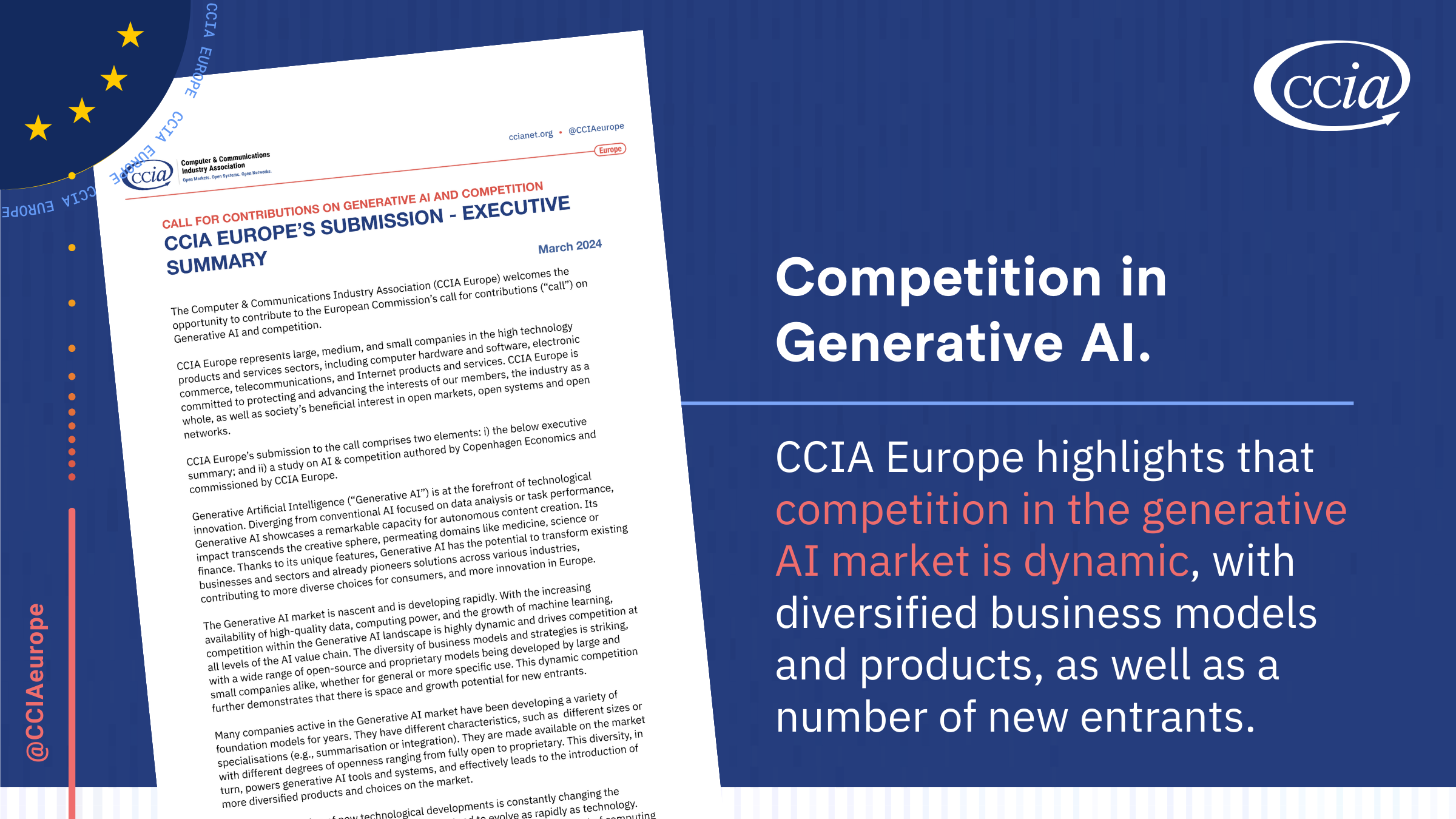OpenAI Launches Faster and Cheaper AI Model With GPT-4o
OpenAI is set to release GPT-4o, an upgraded version of its GPT-4 model, designed to handle text, audio, and images more efficiently in real-time. The new large language model, trained on extensive internet data, promises significant improvements and will be accessible to users in the upcoming weeks.
Enhanced Capabilities
During a live stream event, OpenAI introduced GPT-4o, showcasing its ability to provide audio responses to verbal questions within milliseconds, facilitating smoother conversations. The model demonstrated its prowess by engaging in voice-based interactions, including real-time language translation and storytelling.

Expanded Features
The updated version of ChatGPT, powered by GPT-4o, will offer several features previously exclusive to paid subscribers, such as web search integration, multi-voice responses, and memory storage for future interactions.
Market Disruption
The launch of GPT-4o is poised to disrupt the AI landscape, where GPT-4 currently sets the standard. Competitors like Anthropic, Cohere, and Google have been introducing AI models aiming to rival or surpass GPT-4's performance in various benchmarks.
Unified Model
GPT-4o, signifying "omni," integrates voice, text, and vision processing into a single model, eliminating latency issues associated with using multiple models. This consolidation results in a faster and more efficient AI system, capable of seamless interactions across different input types.
:max_bytes(150000):strip_icc()/porter_final-b4b8e5b2014544dbaa1884017efbc164.png)
Road Ahead
OpenAI plans to roll out GPT-4o's advanced capabilities to existing ChatGPT users before extending them to enterprise clients. Additionally, the introduction of the "voice mode" assistant and access to the GPT Store for user-created chatbots will cater to a broader user base.
Future Developments
While dismissing rumors of an imminent GPT-5 launch and a Google search competitor, OpenAI continues to explore new products, including voice technology and video software. Speculations and excitement surrounding OpenAI’s innovations indicate a promising future for AI technology.




















